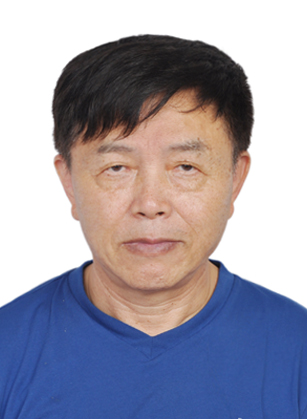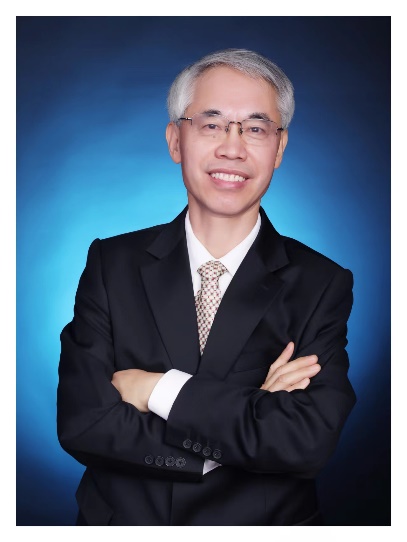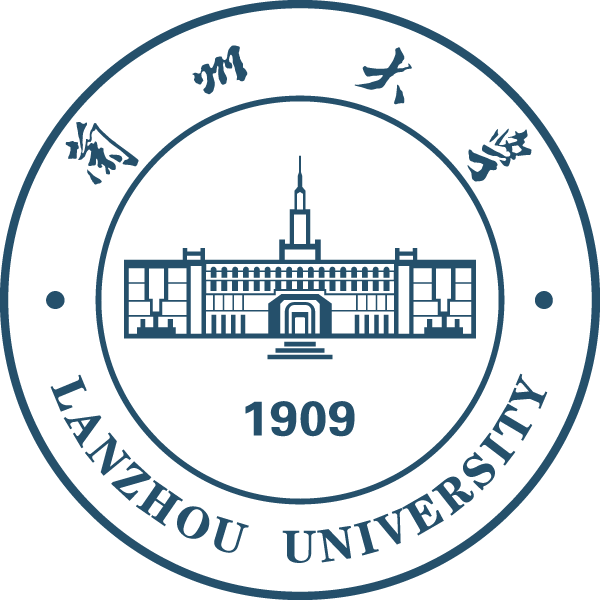
Keynote Speakers
Professor Ding-Zhu Du (The University of Texas at Dallas)

Title:New Solution of Golovin-Krause Conjecture
Abstract:In the study of adaptive influence maximization, there is a Golovin-Krause conjecture regarding approximation performance of greedy algorithm under myopic feedback model. The conjecture was made in 2011. It was solved in 2019. In this talk, we introduce a new solution, which is simple and explores an interesting relationship between nonadaptive and adaptive influence.
Resume:Professor Dureceived his Master's degree from the Chinese Academy of Sciences in 1982 and obtained his Ph.D. from the University of California, Santa Barbara in 1985. He has held positions at various prestigious institutions including the Mathematical Sciences Research Institute at the University of California, Berkeley (Postdoctoral Researcher), the Mathematics Department at the Massachusetts Institute of Technology (Assistant Professor), the Institute of Applied Mathematics at the Chinese Academy of Sciences (Researcher), the Computer Science Department at Princeton University (Visiting Scholar), the Computer Science Department at the University of Minnesota (Professor), the College of Science at Xi'an Jiaotong University (Dean), the City University of Hong Kong (Professor), and Korea's Goryeo University (World-Class Professor).
From 2002 to 2005, he served as the program director for the Computer Theory Program at the National Science Foundation in the United States. He is currently a Professor in the Computer Science Department at the University of Texas at Dallas.His research interests include combinatorial optimization, computer networks, and computational complexity theory. He has published over 260 papers and authored more than 10 books. He is currently the Editor-in-Chief of "Discrete Mathematics, Algorithms and Applications" and serves on the editorial boards of more than 15 academic journals.His awards and honors include the 1998 CSTS Award from INFORMS in the United States, the Second Prize in Natural Science from China in 1993, and the First Prize in Natural Science from the Chinese Academy of Sciences in 1992.
Professor Tiande Guo (University of Chinese Academy of Sciences)

Title:Machine learning method for Combinatorial optimization
Abstract:Numerical calculation methods are the methods and processes used to study and solve numerical approximate solutions to mathematical problems, serving as a bridge and tool for solving computational problems. Computational power is the product of the efficiency of computing tools and methods, and improving the efficiency of computing methods is equally important as improving the efficiency of computer hardware. With the rise of artificial intelligence, especially deep learning, learning methods have achieved tremendous success in many fields. The methods used byartificial intelligence to solve problems all have learning functions. This report first takes optimization calculation methods as an example, analyzes the general form and characteristics of numerical optimization calculation methods, compares them with learning methods, and proposes a design idea for learning optimization methods. Finally, taking combinatorial optimization as an example, the design principles of this type of method are elaborated, and some latest research results are presented. This report designs optimization methods from a new perspective and leads to a new research direction of learning optimization methods, hoping to open up a new research paradigm for the design and theory of optimization methods.
Resume:Dr. Tiande Guo, chair professor, University of Chinese Academy of Sciences, member of Operation Research Society of China(ORSC), vice chairman of ORSC. His research works include optimization theory and algorithms, biometric recognition, machine learning theory and applications, etc. He has published many papers and applied for many patents, and has successively presided over general projects, key projects and major projects of the Ministry of Science and Technology, the National Foundation Committee, key projects of the Chinese Academy of Sciences, key projects of the Ministry of Public Security, etc. Participated in the formulation of multiple standards for fingerprint recognition and compression by the Ministry of Public Security of China, and has been engaged in the research and development of fingerprint automatic recognition algorithms and systems for many years. The fingerprint automatic recognition algorithms have been successfully applied to fingerprint automatic recognition systems in some provinces, cities, and autonomous regions of China, playing an important role in criminal investigation, counter-terrorism, national security, public security, and other fields. It has successively won the second prize of Science and Technology Award of the Ministry of Public Security, the prize of Science and Technology Award of ORSC, the International Federation of Operational Research Societies Prize for OR in Development, the first prize and special prize of teaching achievements of the Chinese Academy of Sciences, and the first prize of Beijing Teaching Achievement Award.



